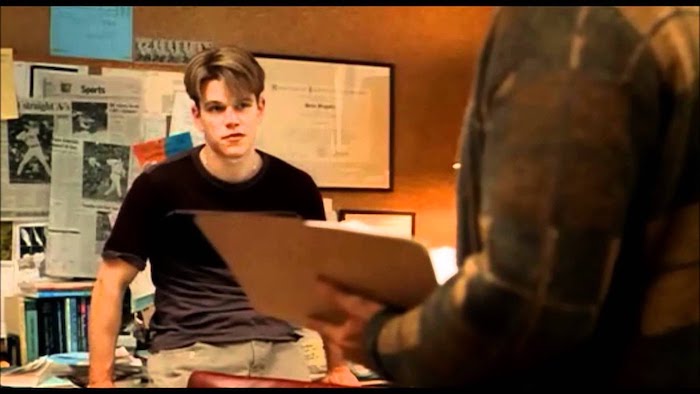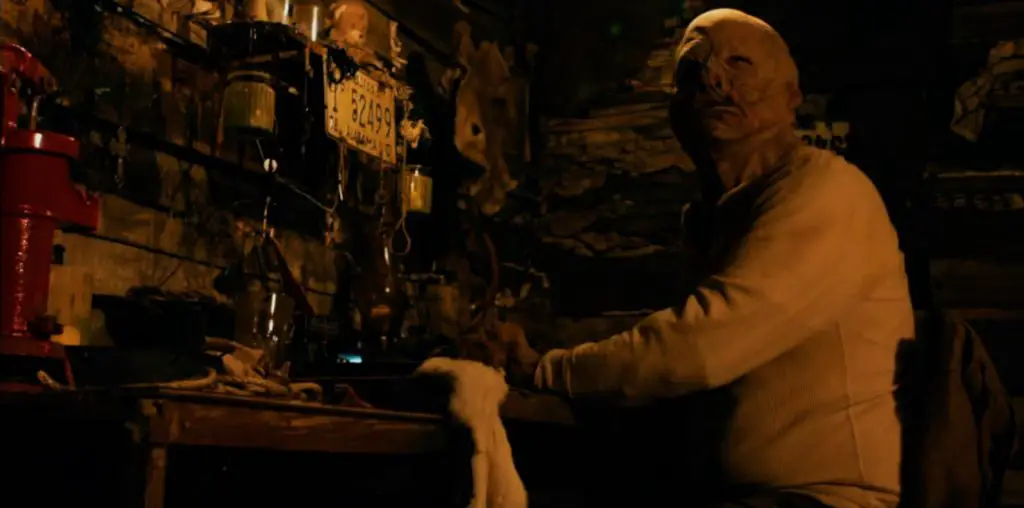
Last week we discussed producing partnerships, so this week I thought we’d explore writing partnerships. Like producing partnerships, writing partnerships can be a highly lucrative and creatively enriching multi-decade journey when they’re created and nurtured correctly. However, a few missteps in the early stages can trigger an ugly dose of legal havoc for both parties involved. Thus, this article will focus on how to create an environment where a healthy and lucrative partnership.
Before we get started, please note that many of the key points from last week’s article, titled “Picking Perfect Producing Partners,” also apply to writing partnerships. Thus, you may want to glance at last week’s column.
Now let’s we dive into the world of writing partnerships.
Secure A Partner Who Possesses What You Lack
The worst thing any writer can do is partner with someone who excels in the same areas they do. Thus, writers who are “killer at dialogue,” but could use help with scene structure, character development or plot, should not partner with another dialogue guru. Patting each other on the back about how great the collective dialogue is won’t get the partnership very far if the other elements of the screenplay remain mediocre. Simply put, writers should always partner with someone who is great at what they themselves suck at, and visa versa. Doing so will not only create a more well rounded screenplay, but it will also ensure that both partners respect each other’s abilities.
Respect Each Other’s Abilities
If either, or both writers in the partnership are wholeheartedly convinced they are a far superior writer than their partner, the partnership will choke on it’s own ego and die a very quick death. Thus, both writers should be abundantly sure their partner brings as much to the table as they themselves do. Anything short of a strong belief in each other’s abilities will cause unnecessary arguments and will ultimately waste time that should be spent writing.
Make Sure Both Writing Styles Mesh Well
Two talented writers may not be able to partner well if their writing styles don’t mesh well on paper. Since some writers prefer to express themselves through like writing quick, jabbing on- liners, others prefer lengthier dialogue, sparse dialogue, or even no dialogue at all through long sequences. While all of these styles are valid, utilizing them together may make the script read like an unfocused, incomprehensible mess. Thus, both writers should first decide how they want their screenplay to read before they are to partner up.
Decide How The Screenplay Will Be Written
Both writers should decide early how the screenplay will be written. Topics to be discussed should include a) whether or not the writing partners will write together at the same time in the same room, b) write together at the same time in different locations, c) do a day shift and a night shift, d) have one writer write a first draft and then have his or her partner rewrite it, e) write separate characters. Understanding how the partnership can best utilize the talents of each writer is a substantial key to constructing a wonderfully fluid writing partnership.
Agree To Share The Copyright Equally
Once the screenplay is completed, both writers should appear on the official copyright documents when the work is submitted to the U.S. Registrar of Copyrights at the Library of Congress in Washington D.C. The form that writing teams should submit is the “PA Long Form” which allows for multiple owners of the same copyright. If the screenplay is also registered at the WGA, both writers should make sure that both of their social security numbers (if applicable) and addresses appear on the original document submitted.
Submit To Screenwriting Contests As A Writing Team
While I’m aware that some contests may not allow screenplays written by writing teams, I’m also aware of instances when a writing team submitted their screenplay under the name of one of the writers, only to have the partnership torn apart after the screenplay won or placed highly at the contest. Remember, the Internet is able to announce screenplay contest winners throughout the world within seconds, thus, omitting a partner in a screenplay contest submission is very dangerous , since doing so only gives credit (and possible praise) to one writer.
Take Meetings Together
Studios, agents and production companies widely accept writing partnerships, because so many of them have been wildly successful. However, it’s up to the writing partners to make sure they never take meetings without each other. The reason is because if one of the writers takes meetings without the other, the writer taking the meetings will inevitably create stronger relationships with the powers that be. Of course, such a practice is not good for any partnership.
The Sum Is Greater Than The Parts
The biggest mistake I see made with writing partnerships is when the writers involved fail to realize they will not be as valuable, coveted, or in demand, if they leave the partnership. The primary reason for this is during a successful run, the powers that be (i.e. studios, agents, production companies), never actually know which writer did what in the script. Thus, writers wanting to fly the coup may have a difficult time finding a nest as big, as comfortable, or as financially rewarding, as the partnership they just flew away from.
Writing partnerships, like relationships, marriages and championship sports teams, require a delicate balance of understanding, respect and trust in order to survive. However, maintaining the right dose of each ingredient above will at worst create a positive creative environment, and at best catapult the partnership into the hemisphere of “thriving” as opposed to just being “surviving.”
I thank you for lending me your eyes, and I look forward to borrowing them again next Tuesday!

